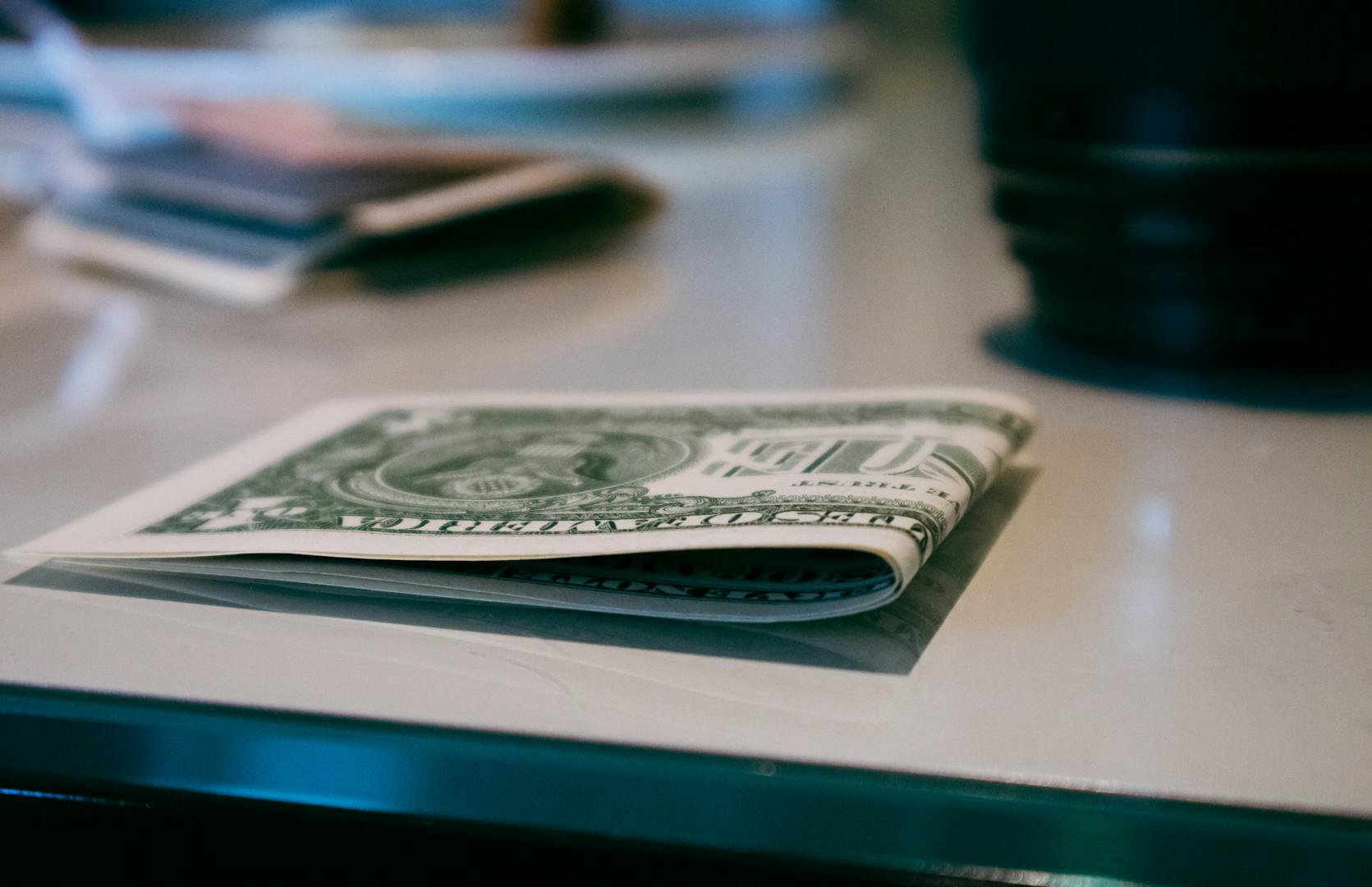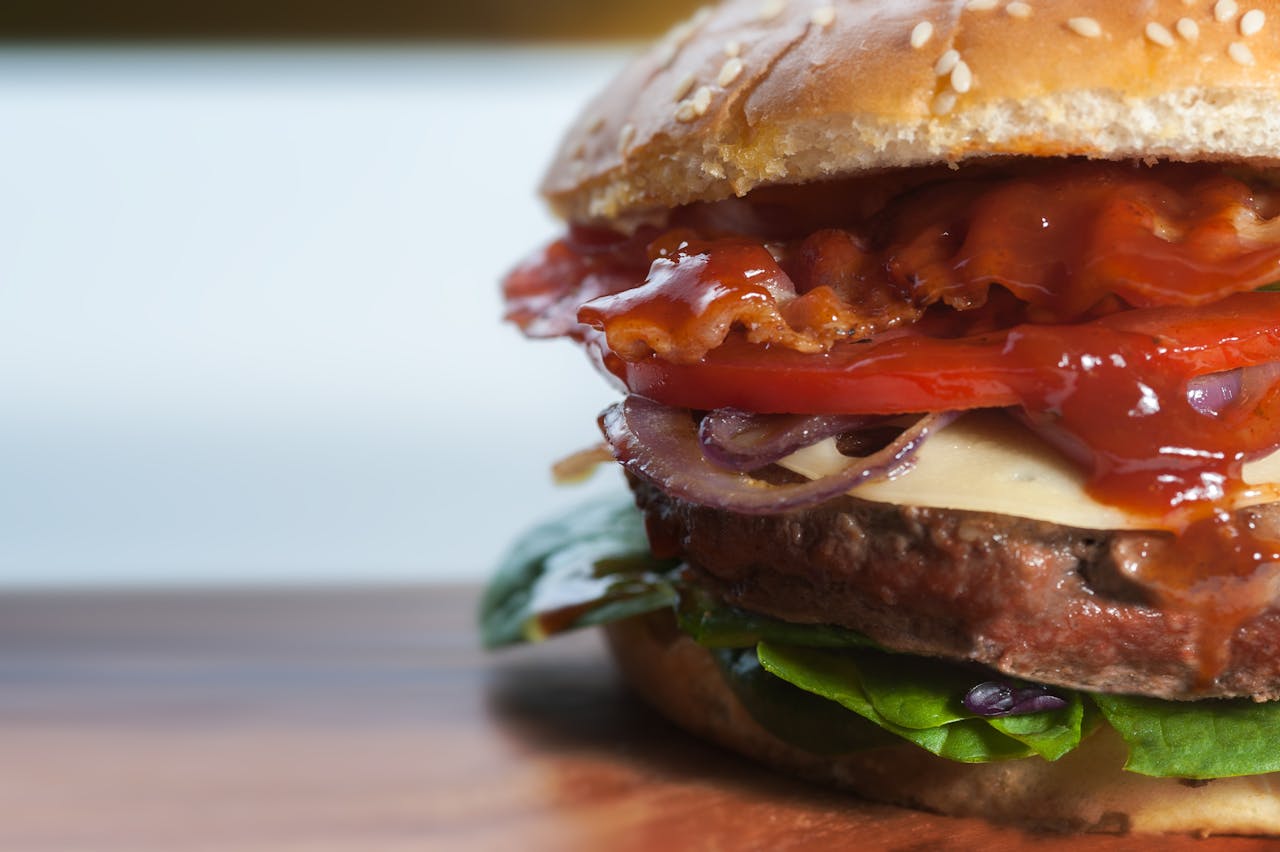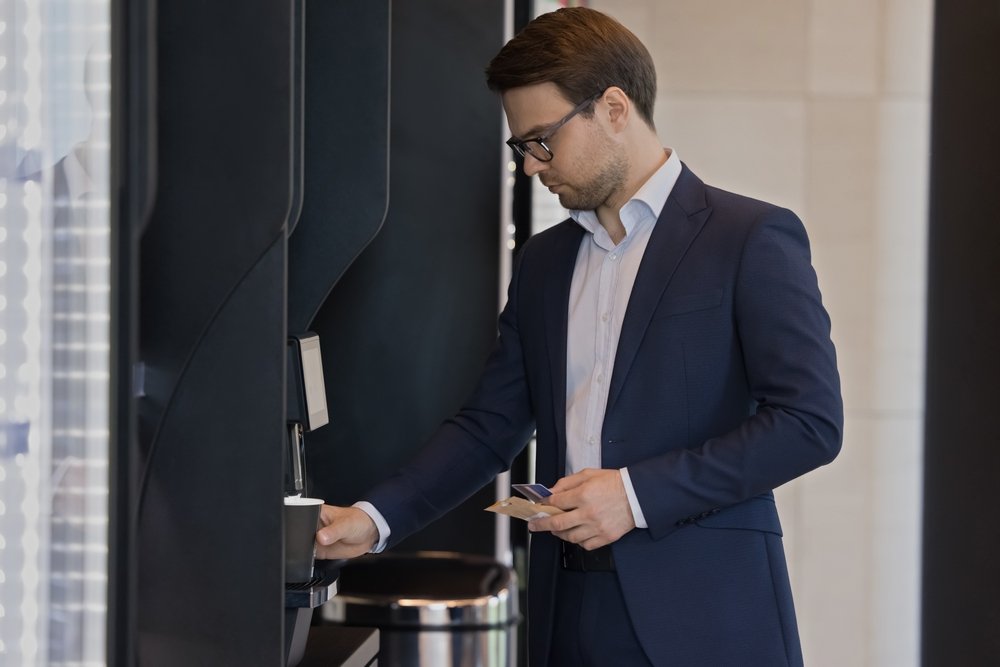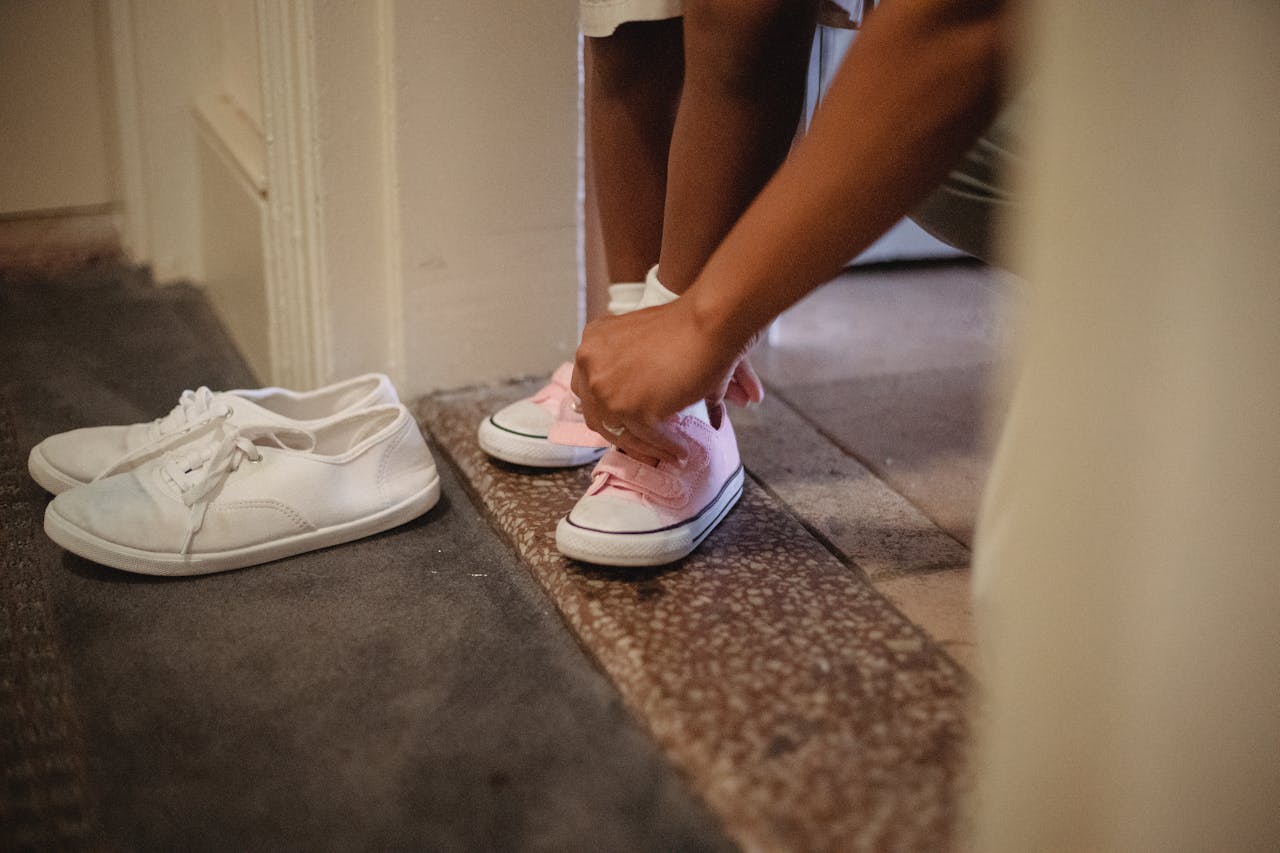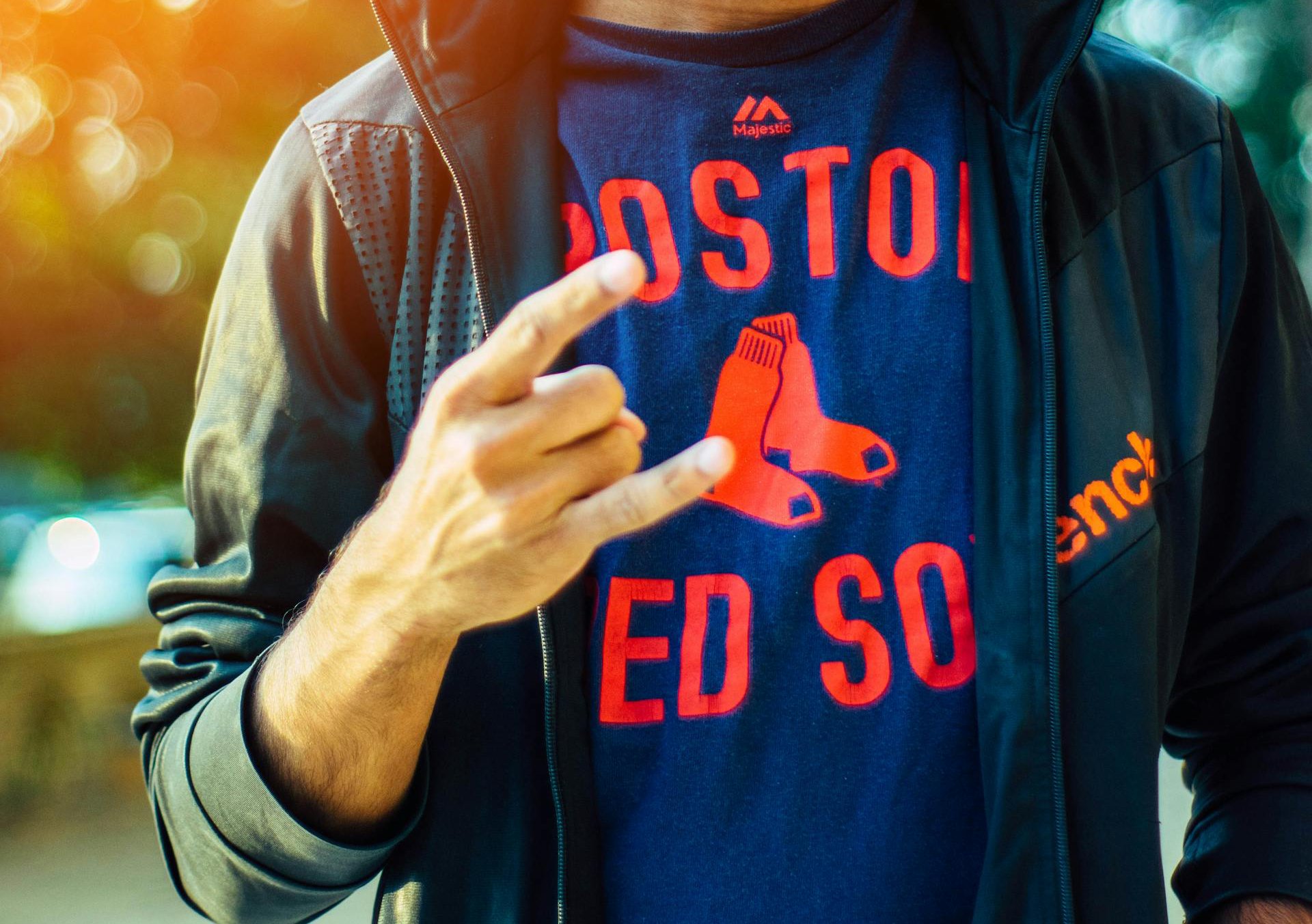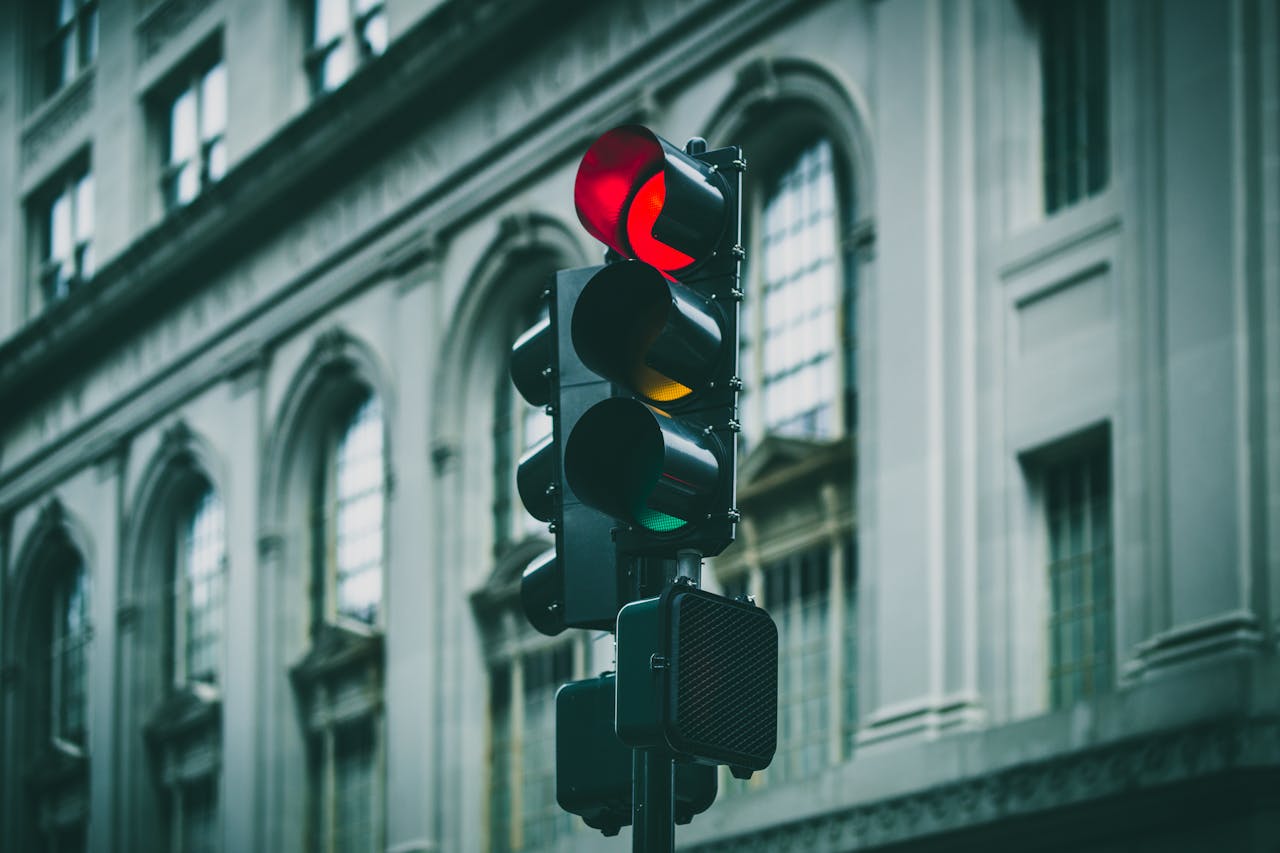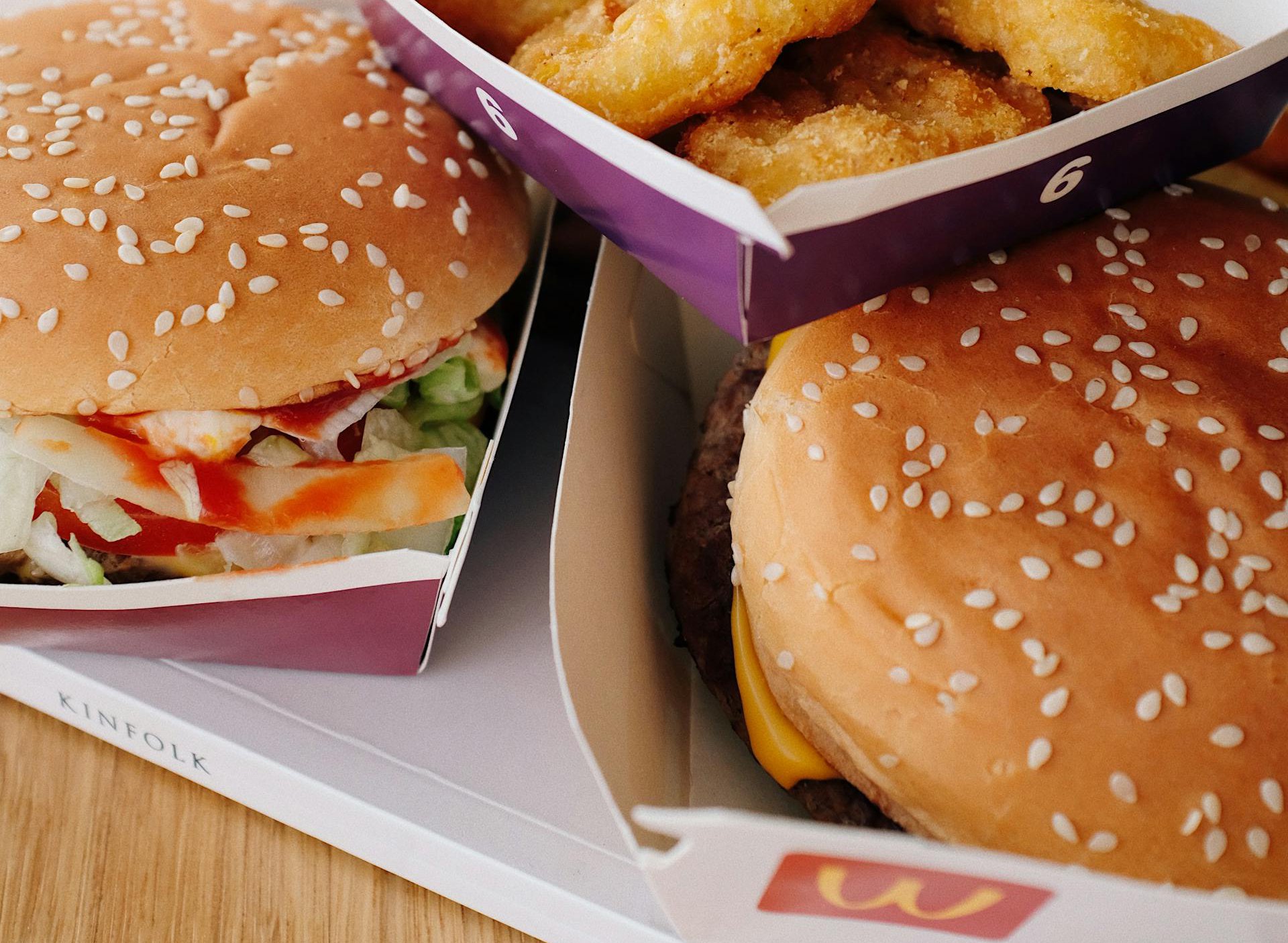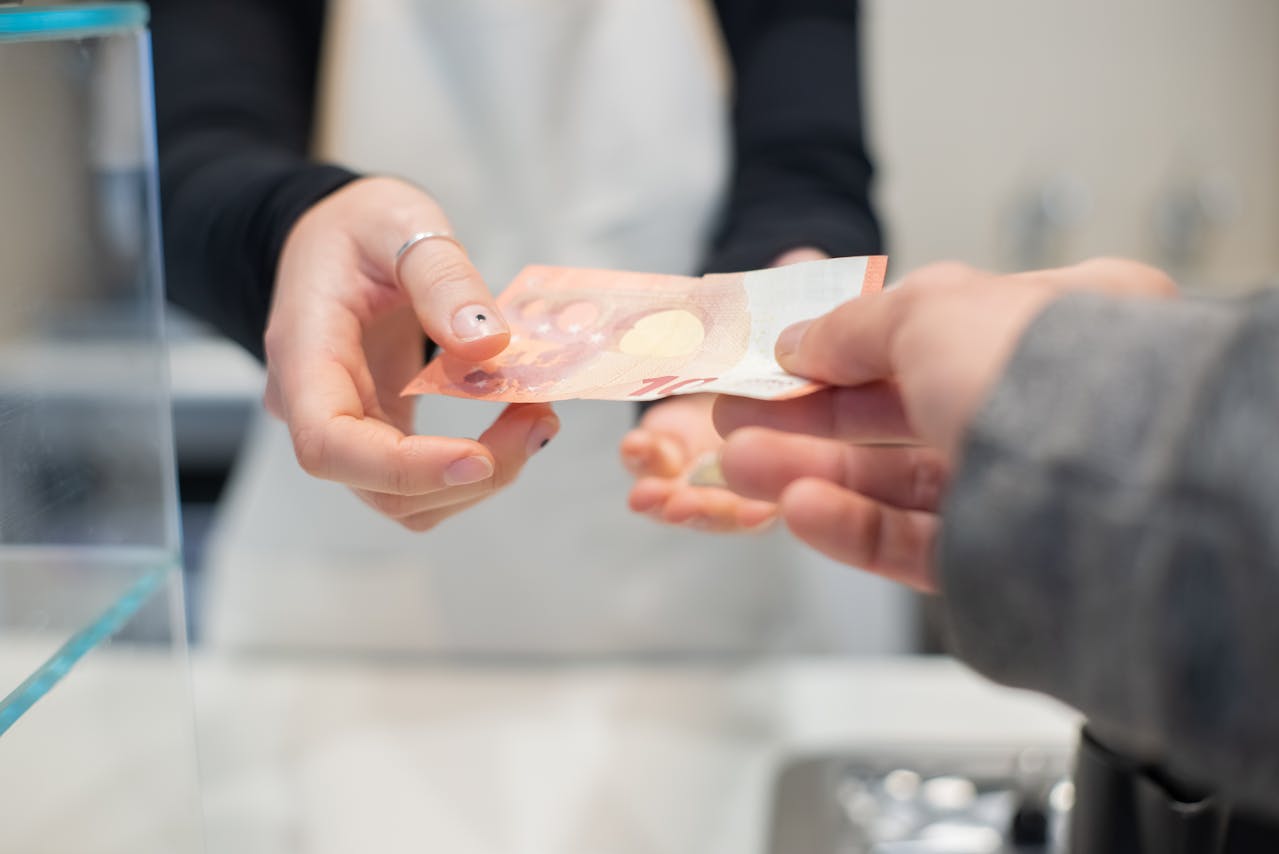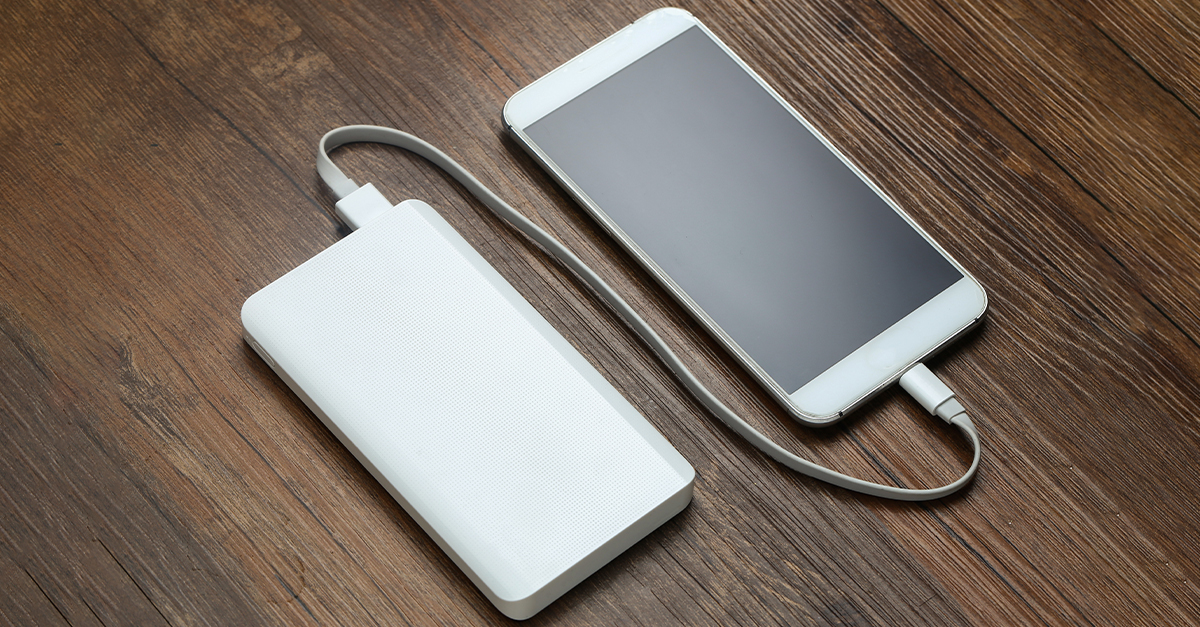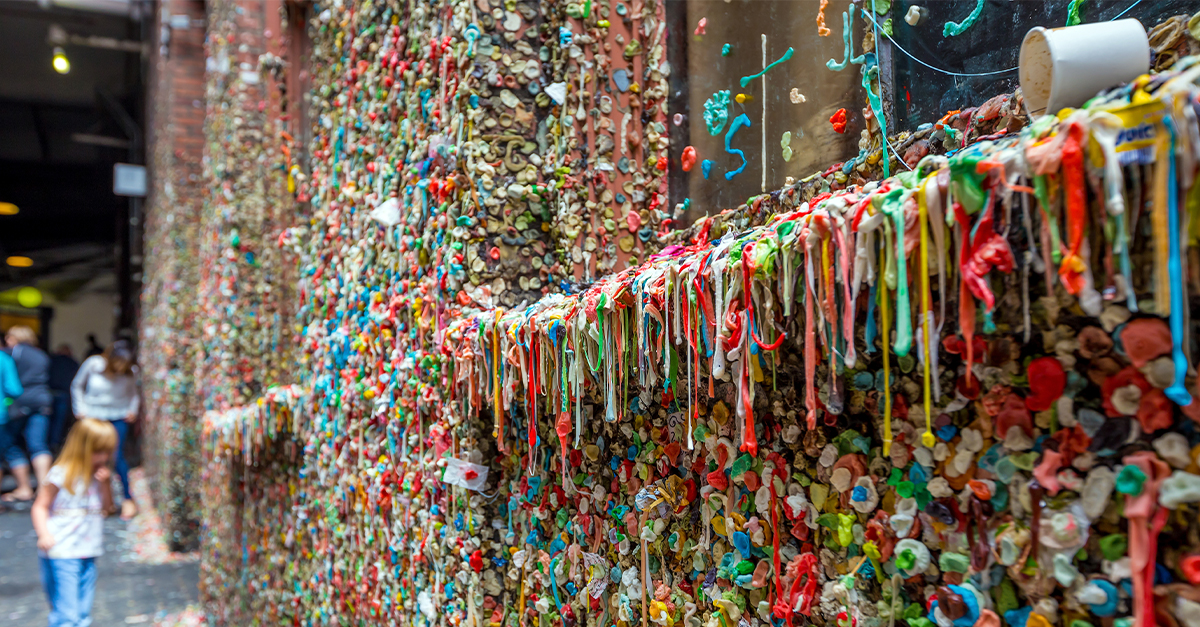These American Customs Are Considered Rude Overseas
Before you leave that tip on the table, or give a simple thumbs-up, or even throw up a "peace sign", you may want to hold off! Things that are customary in the United States aren't considered so cool in other countries around the world. Let's learn which customs you can take with you when you travel—and which you should leave at home.

Tipping
While tipping the waiter or waitress at your table might be considered customary in the United States—a sign of good service—in countries like Japan and South Korea, it's considered rude and insulting. You're welcome to compliment the staff, but don't try to give them money. Although considered rude in Europe today, tipping has its origins in the Middle Ages.
The Peace Sign
A European import that got turned around, literally, is the "peace sign". Two fingers up, with the knuckles pointed outward is the American version—but in the UK and Europe, it's a replacement for certain colorful language. Don't turn your knuckles inward and perform the same motion in Europe. The hand signal has its origins as a "V" for "Victory", first used after Victory in Europe Day (VE Day) on May 8, 1945.
 Roman Samborskyi, Shutterstock
Roman Samborskyi, Shutterstock
Kick Back And Relax With Your Coffee In Europe
While not necessarily considered "rude", it's fairly rare that people get their coffees "to-go" in Europe. Italians, for example, prefer to enjoy their coffee—savor it, even. So, kick back and relax with your coffee—embrace the better work-life balance in Europe. You'll miss it when you're home.
Keep Your Thumbs In The Neutral Position
While "thumbs up" may be a sign you approve of something in the United States, in Russia, West Africa, the Middle East, and even Greece, it's considered very rude—the equivalent of "flipping the bird" in North America.
No Extra Toppings Necessary
In Japan and South Korea, it's considered rude to order "extra" toppings on your food. Whether that's extra soy sauce or the dreaded ketchup, it's considered to be unnecessary in most restaurants and may get you a strange look. Don't insult the people who cook your food. Stick to the menu and withhold the ketchup.
Mind Your Manners
While complaining about your food and even "sending food back" at restaurants is your right no matter where you are in the world, it's considered to be poor form and you may even get a visit to the table from the chef themselves, asking what the problem is. While this may be down to a chef's perfectionism, the right approach is to quietly discuss your issue. Don't make a scene.
Don't Make The "OK" Sign At The French
Americans use the "OK" sign to mean things are good; the Japanese interpret it as the sign for coinage or wealth—but the French (and Tunisians) interpret the sign to mean that something is worthless. Everything will most certainly not be "OK", should you use that sign in front of the French or Tunisians.
Save Your Gifts To Open For Later
If you're traveling through Asia and someone gives you a gift, don't open it immediately! While Americans might be used to ripping packages apart instantly, it's considered disrespectful in India, China, and other countries. You're basically showing that instant gratification is the only reason you're happy about the gift. Wait to open it till later.
Talking With Strangers Isn't Quite As Normal
Perhaps this is a bit of a generalization about major European cities where the hustle-and-bustle take over, but if you strike up a conversation with a stranger, you may receive a look that says, "Who are you and why are you talking to me?" Try not to take it personally, it's just not quite as universal as it may seem in North America.
Don't Assume You'll Get A Free Refill
Free refills are a clever marketing ploy by many American companies to sell more products—you're more likely to go back somewhere if you get something for free. But in Europe, free refills (unless specifically advertised) aren't common. While one refill may be free with your meal, you'll be charged for the extra refills.
Always Take Your Shoes Off When Entering The Home
Especially in Southeast Asia, it's hugely disrespectful not to take off your shoes when entering another person's home. Not only is it more sanitary to not track dirt and germs through the house, it adds to a relaxed atmosphere if your shoes are off. Leave your shoes at the door.
Don't Refuse Food In Lebanon
Food is as much a bridge between cultures as it is a necessity for sustenance. If you find yourself in Lebanon, or any Middle Eastern country, don't refuse the food. You don't have to eat all of it, but accept it anyway—it's considered very rude to refuse your host's hospitality.
 Nicoleta Ionescu, Shutterstock
Nicoleta Ionescu, Shutterstock
Throwin' Bull Horns
Whilst throwing up the "Bull Horns" (pinky and index finger extended while keeping the other fingers and thumb folded) might mean "Rock on!" in the United States, in Italy and other European countries, it can imply that someone's partner is cheating on them, or that you're warding off evil spirits (implying someone is the Devil isn't cool either), or can be used to tell someone to get lost.
Keep Your Cash Fresh
While debit cards and credit cards are perfectly legal tender everywhere, those that choose to pay with cash may prefer to do so with clean, fresh bills when on holiday abroad. Some countries can refuse to take cash if it looks like it's spent a week at the bottom of your pocket.
The Brits Don't Tend To Talk About Their Mental Health
While not necessarily rude, talking about one's mental health in the UK, especially in a casual public conversation, isn't generally the done thing. Maybe it's the "buttoned-up" nature of British society, but the Brits generally don't discuss matters of the heart or head in public.
Halloween Isn't Embraced With Pumpkin Spice In Europe
While European countries go just as hard for Halloween as Americans, it's considered far less of a commercialized day in Europe, unlike the US, where candy is common and pumpkin spice and everything nice begins appearing in the third week of October like clockwork. Don't expect to find your pumpkin-spiced latte at every single coffee shop.
Do Not Turn Right On A Red
If you're lucky enough to be able to acquire a European driver's license while visiting the continent and have successfully mastered driving on the wrong side of the road, just remember that you can't turn right at a red light. In Europe, it's nearly always illegal to do so. If the light is red—you stop, period.
Eating Big Meals
Americans are used to super-sized everything and eating large portions, no matter what the meal. In Europe, you'll be surprised to find that portion sizes (even at fast food places like McDonald's) are about half of what they are in the US. Eating big meals is rather frowned upon and you should never ask for seconds.
Keep Your Feet In Your Socks
While Americans might be used to having your feet out at the beach or even in a public park, that's not the case in Asia and the Middle East. It's considered unhygienic to display your feet in public, so keep them in your socks.
Don't Assume American Currency Will Be Accepted
While the almighty American dollar is accepted in various forms across the United States, carrying your USD with you throughout European and Asian countries is pointless—as the local currency is considered king. Change your US dollars for euros, yen, pounds, or whatever the local currency is, if you're paying by cash.
The Strange Phenomenon Of "Jerusalem Syndrome"
In October of 2023, an American tourist visiting Israel smashed two Roman sculptures built in the second century, because he considered them to be "idolatrous", according to police reporting. The man's lawyer said he was merely suffering from "Jerusalem Syndrome"—a phenomenon where one can be so overcome by the religiosity of the city of Jerusalem, that they dissociate from reality and begin acting strangely. It may sound like a convenient excuse, but it's a real psychological condition.


